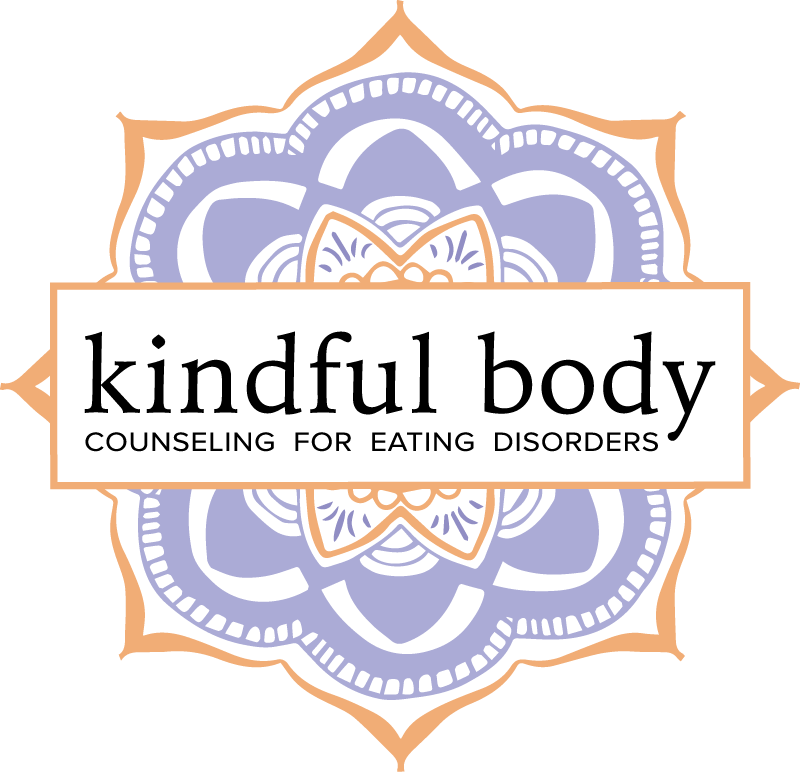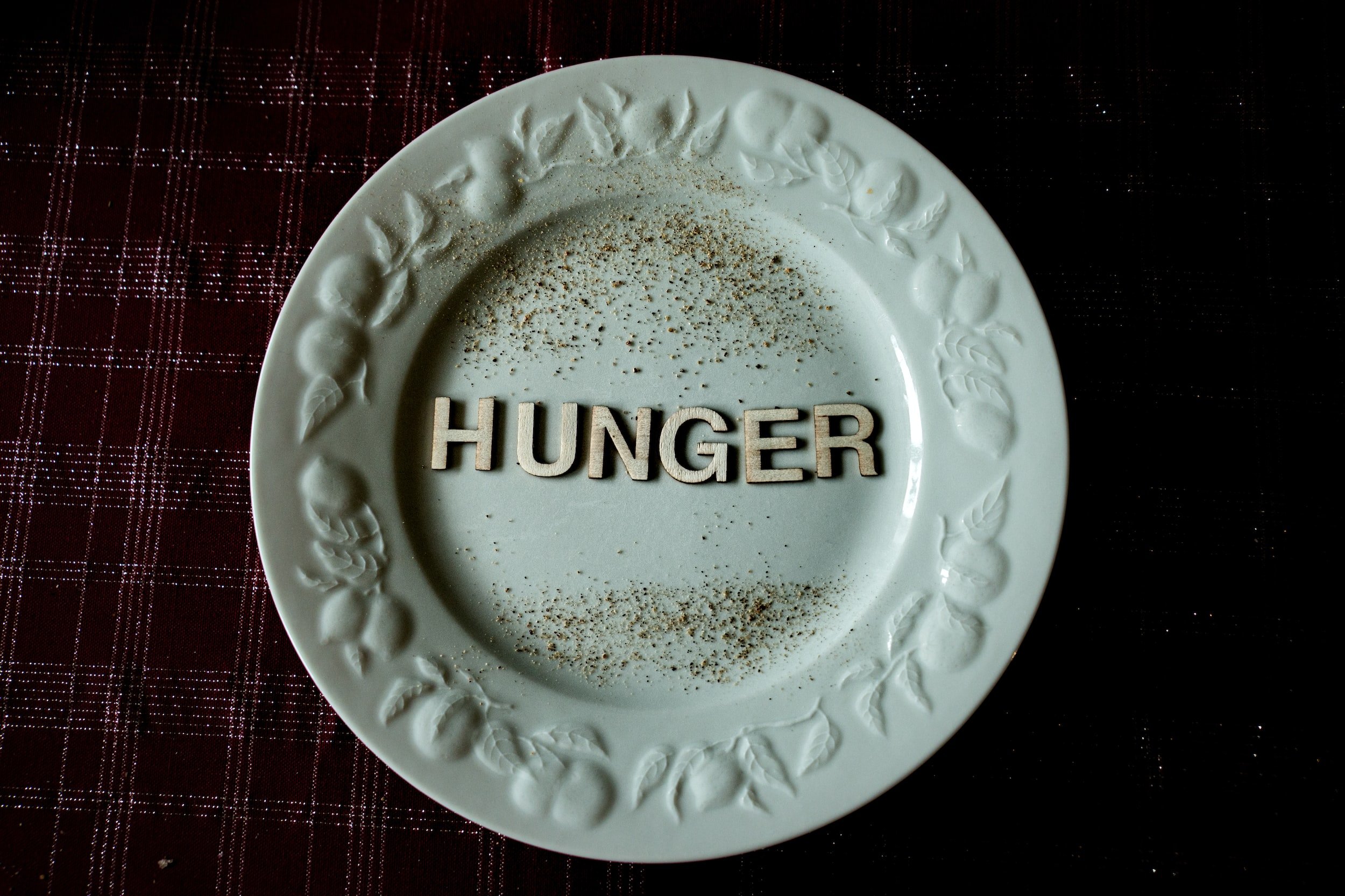Understanding the Link Between Your Eating Disorder and Relational Trauma
Do you deal with relational trauma from your childhood? It can be helpful and affirming to understand how that trauma shows up in your eating disorder behaviors. Understanding the ‘why’ behind your eating disorder won’t magically fix anything. But it can be an important breakthrough in your recovery journey, as it can provide valuable information on what you need to heal.
What is Relational Trauma?
Relational trauma, also known as complex trauma or CPTSD, is about repeated relational violations often from a dysfunctional family or an abusive relationship. Whatsmore, relational trauma isn’t always about the bad things that happened to you – sometimes trauma is more about what didn’t happen. That includes trauma from childhood neglect and emotional abuse.
When we say trauma, we aren’t talking about an event, because we all respond to events in different ways. Trauma is not the situation, but rather the wound that results from the situation. Trauma expert Dr. Gabor Mate sums it well: “Trauma is not what happens to you. Trauma is what happens inside you as a result of what happens to you."
How Does Relational Trauma Show up in Eating Disorders?
Kelly McDaniel coined the term ‘mother hunger’ to describe a type of trauma that occurs when we grow up without guidance, nurturing, and/or safety from our mother/primary caregiver. If we don’t learn how to properly manage emotions as children, we have no roadmap for doing so as adults.
When these 3 developmental needs –guidance, nurturing, and safety – go unmet, we often try to fill the void and address those wounds in repetitive compulsive comfort-seeking ways. That’s where eating disorder behaviors come in.
Kindful Body’s clinical director Jasmine Dunckel puts it this way: “Bulimia and binge eating disorder are about filling a void, anorexia is about pretending there is no void.” All types of eating disorder behaviors can be manifestations of trauma we have experienced.
We may turn to food for the safety and/or comfort we didn’t get in childhood and never learned how to give ourselves.
“What did I need then that I couldn’t get, and how can I give that to myself now?”
Restricting food can be a way of protecting ourselves – from criticism, and from the vulnerability of having needs. By starving, we can pretend that we don’t have any needs at all. Working towards thinness allows us to create a protective shield. This is like a facade where everything looks ‘good’ on the outside.
“Anorexia is like finding a dysfunctional mother who will give you the self-esteem, guidance, nurturing, and boundaries that your mother didn’t or couldn’t give you,” Jasmine says. For example, with anorexia, self-esteem comes from the “achievements” of losing weight or skipping meals.
Eating disorder recovery is about finding out what our needs are and ways to address them outside of eating disorder behaviors.
How Do I Heal From Relational Trauma?
A key part of healing from relational trauma and disordered eating is to ask ourselves questions. These can look like, “what did I need then that I couldn’t get, and how can I give that to myself now?”
When you start to dissect your trauma and the role your parents or caregivers played in it, it can bring up a lot of anger and grief. That is normal.
We can be angry and we can grieve the parenting and care we didn’t get while also recognizing that emotional neglect can be unintentional. Your parent’s own unresolved trauma and grief may have played a role in your relational wounding. Some parents did the best they could with the time and resources they had in a culture where parenting and mental health aren’t prioritized.
Your first priority is to focus on your own healing by befriending the parts of you that helped you survive and heal the wounds from your trauma. We cannot have constructive conversations with our parents when we communicate from a place of deep hurt, so it’s important to place your focus on repairing your relationships with your internal family of parts.
Take time to process what you learn about yourself. Also, identify and address your unmet needs, and give yourself space to feel your feelings. Connection to yourself and your intuitive wisdom had to be cut off in order to survive the trauma. Repairing this trust is an ongoing process and will take time. You can learn to honor yourself over somebody else’s opinion, which is the opposite of what happens in trauma. You can heal from relational trauma and your eating disorder.
Begin Eating Disorder and Trauma Treatment in California Today
Trauma is something no one should go through alone, yet many individuals do. Let us support your healing journey with trauma therapy. Our offices are located throughout California via online therapy. These areas include San Francisco, Los Angeles, San Diego, Santa Barbara, and Palo Alto. When you’re ready, our trauma therapists are here to guide you along and provide the space you need, just follow these steps:
You can schedule a free 15-minute video consultation to learn how we can help you or your loved one.
Meet with one of our caring eating disorder and trauma therapists
Begin your journey to healing
Other Services Offered at Kindful Body Counseling
Kindful Body offers a range of mental health services that can help you in your journey of healing. For additional support, our online therapy practice in California provides eating disorder treatment for students and adolescents, eating disorder treatment, brainspotting for eating disorders, trauma therapy, anxiety treatment and stress therapy, therapy for binge eating, low self-esteem issues, and relationship therapy. For more about us check out our blog or About Us page!



